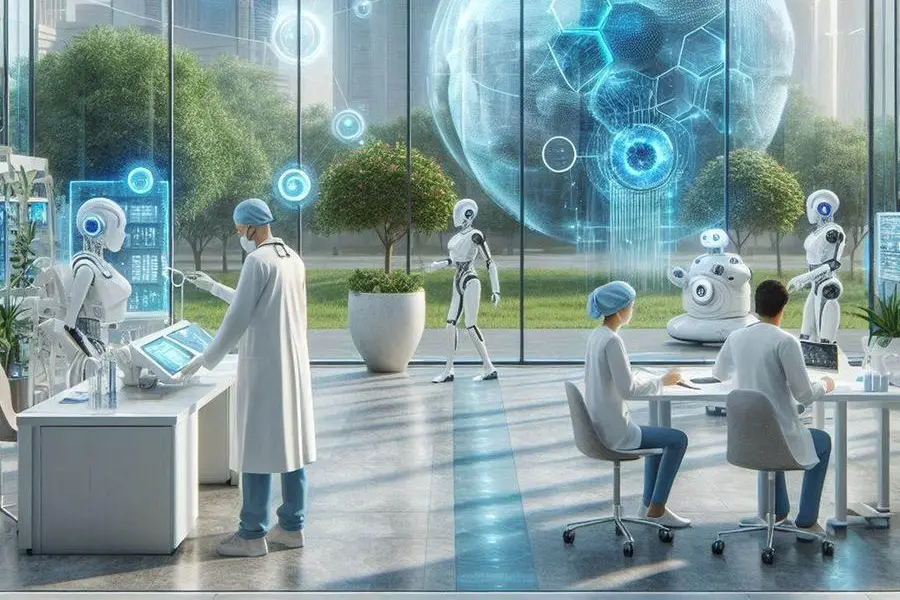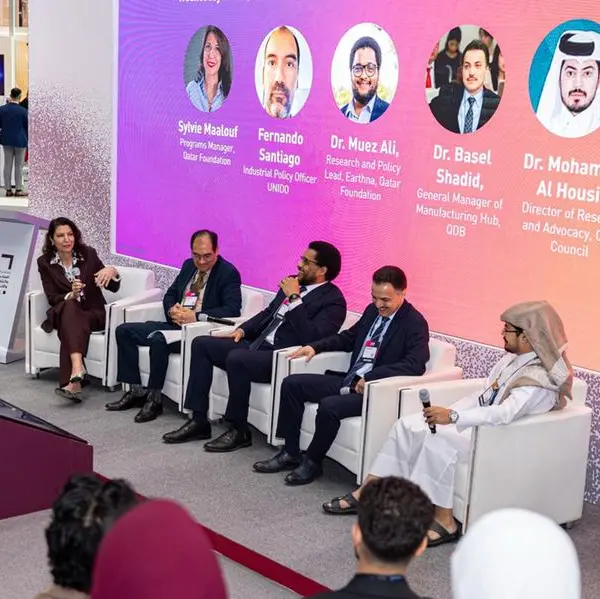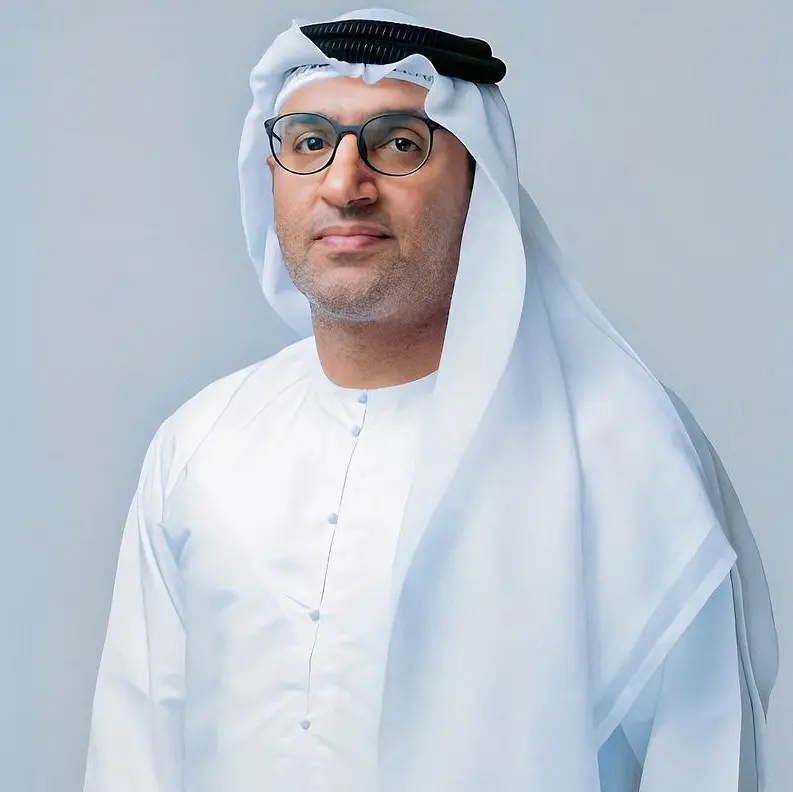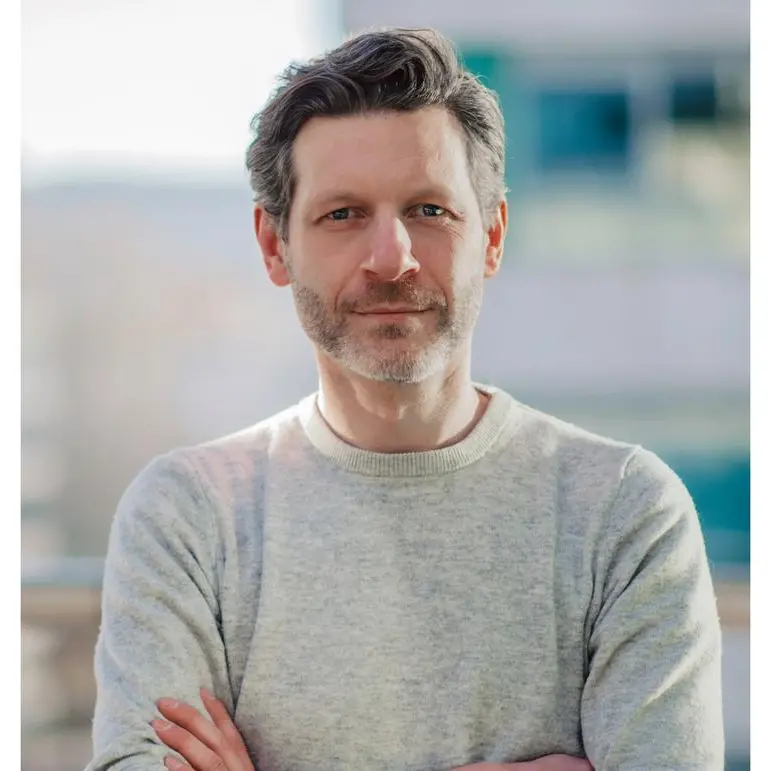PHOTO
- Speed of AI rise translates into challenges for medical education
DUBAI – Artificial Intelligence (AI) will have - and already had - a significant and multifaceted impact on healthcare and pharmacy, reshaping the way care is delivered, medications are developed, and patient outcomes are managed. “Only those market players who embrace the trend will stick around,” says HRV Global LifeSciences CEO Hari Kiran Chereddi.
According to the World Health Organisation (WHO), adult obesity has more than doubled globally since 1990, while adolescent obesity has quadrupled. The WHO also estimates that global health expenditures for fighting and treating diabetes will rise from US$966 billion in 2021 to US$1054 billion by 2045.
Healthcare sectors put therefore high hopes on Generative Artificial Intelligence (GenAI), which is AI capable of generating text, video, and images, as a catalyst for faster and more efficient treatment of patients. HRV Global LifeSciences has identified the following fields of how AI is making a disruptive difference in the fields of healthcare, whilst hospitals and medical colleges have to adapt:
Diagnostics and Imaging:
Medical Imaging Analysis: AI algorithms can analyze medical images (like X-rays, MRIs, and CT scans) with high precision, often identifying abnormalities that may be missed by human eyes. This aids in early diagnosis and better treatment planning.
Personalized Medicine:
- Treatment Plans: AI helps in creating personalized treatment plans by analyzing a patient’s genetic information, lifestyle, and other health data.
- Drug Response: It can predict how different patients (depending on gender, age, allergies,...) will respond to specific drugs, leading to more effective and individualized treatment strategies. A large focus is being placed on Orphan drugs and region specific medications, especially with support of AI models/algorithms.
- Patient Management and Monitoring:
- Remote Monitoring: AI-powered wearable devices and apps can continuously monitor patients’ vital signs and alert healthcare providers to potential issues before they become critical.
- Chatbots and Virtual Assistants: These tools provide patients with immediate information, help schedule appointments, and offer reminders for medication, improving patient engagement and adherence.
Pharmacy
Drug Discovery and Development:
- Predictive Modeling: AI accelerates drug discovery by predicting which compounds are likely to be effective against specific diseases, reducing the time and cost of bringing new drugs to market.
- Clinical Trials: AI is able identify suitable candidates for clinical trials, design more efficient trials, and analyze trial data more rapidly.
- Medication Management:
- Adherence Monitoring: AI tools track patient medication adherence and provide reminders, which can improve treatment outcomes such as treating diabetes.
- Drug Interaction Checking: AI systems help in identifying potential drug interactions, ensuring safer medication regimens depending on the individual patient’s health profile.
Pharmacy Operations:
- Inventory Management: AI optimizes inventory levels by predicting demand and automating restocking processes, reducing waste and ensuring the availability of essential medications.
- Personalized Recommendations: AI can analyze patient data to recommend specific medications and dosages tailored to individual needs.
- Pharmacovigilance:
- Adverse Event Detection: AI systems monitor and analyze data from various sources (like electronic health records and social media) to detect and report adverse drug reactions more effectively.
Chereddi: “AI enhances the precision, efficiency, and personalization of healthcare, drug delivery and pharmacy services. It enables faster and more accurate diagnoses, improves medication management, streamlines administrative tasks, and accelerates drug development.”
Chereddi adds: “At HRV Global LifeSciences, we put increased emphasis on hiring experts who have been in touch with GenAi, the Internet of Things (IoT), and robotics during their education. Universities, research organisations must, and medical colleges must quickly adapt to the fast rise of AI in order to cope with market needs in relation to human resources.”
While challenges like data privacy and integration remain, the potential benefits of AI in these fields are substantial and continue to grow. However, the ethical parameters of healthcare shall never be neglected.
“Whether in the laboratories of pharmaceutical producers or in the special clinic’s operation theater, AI is here to stay, but researchers and medics shall never lose control over the last decision on how to treat patients. In order to fight health disinformation, e. g., policy makers, the pharma industry and hospitals must work hand in hand together to set standards and control mechanisms, ” says Chereddi.
-Ends-
About HRV Global Life Sciences & NewHorizon Global Pharma
To empower our customers everywhere by working with and for them and deliver to them a unique combination of profitable and usable best practices and capabilities to maintain quality and continually improve their product offerings. ->
HRV Global Life Sciences & New Horizon Global Pharma is a leading manufacturer, seller & market expansion company for a wide range of Active Pharmaceutical Ingredients, Advanced Pharma Intermediates, Pellets, Food Grade Chemicals, Food Additives and Food Ingredients across the world.
Headquartered in Hyderabad, India, the company has presence in 5 other global locations – Switzerland, Lithuania, UAE, Türkiye & USA.
Our product quality, regulatory compliant manufacturing and customer relationships have helped us to strengthen our competitive position with many clientele worldwide.
Please learn more about HRV Global LifeSciences: https://hrvglobal.com & NewHorizon Global Pharma: https://nhgpharma.com
Media Contact/Interview requests
Mr. Gerard A-Fil
Proxima Strategies
Dubai, UAE
gerard@proximastrategies.com



















